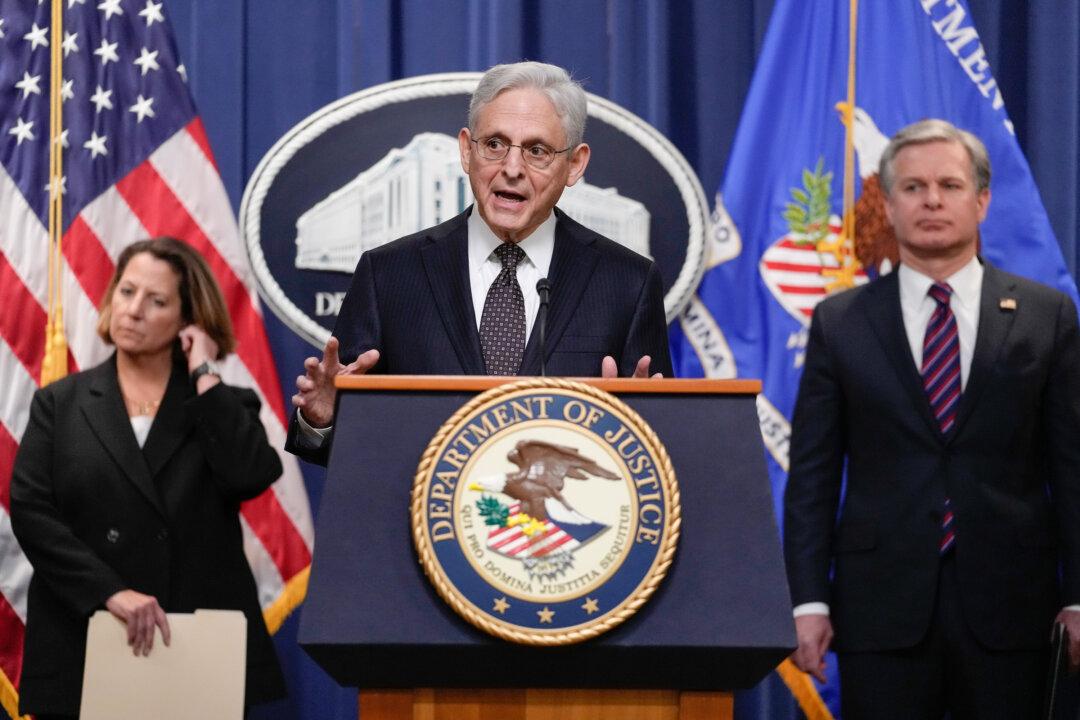Attorney General Merrick Garland told a House panel on March 29 that he’s “more than willing” to testify to the House Judiciary Committee, despite repeated failures to answer requests from the panel.
Garland appeared before the House Appropriations Committee to discus President Joe Biden’s proposed budget.





